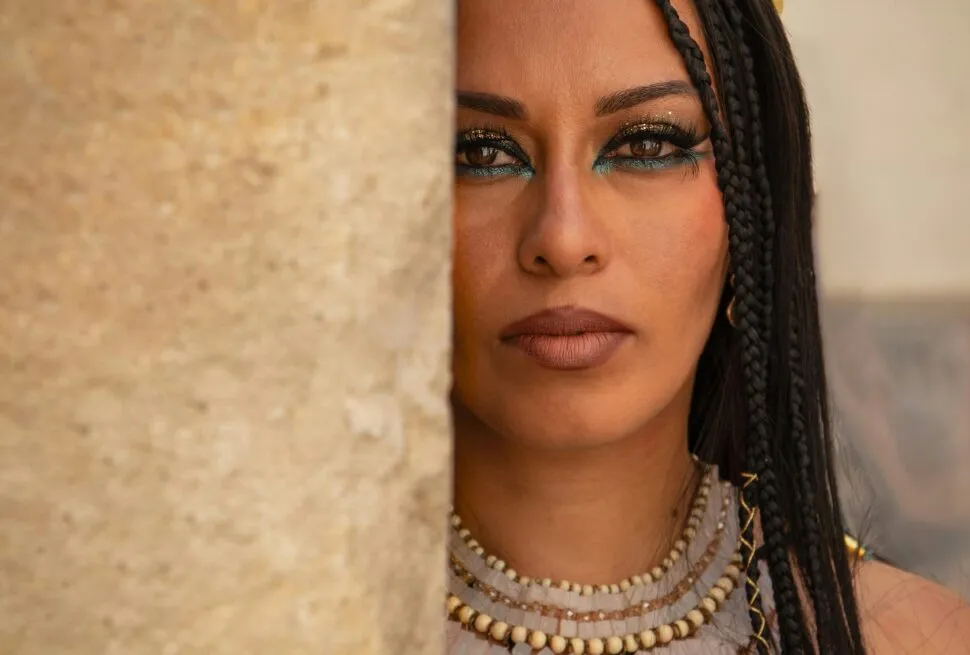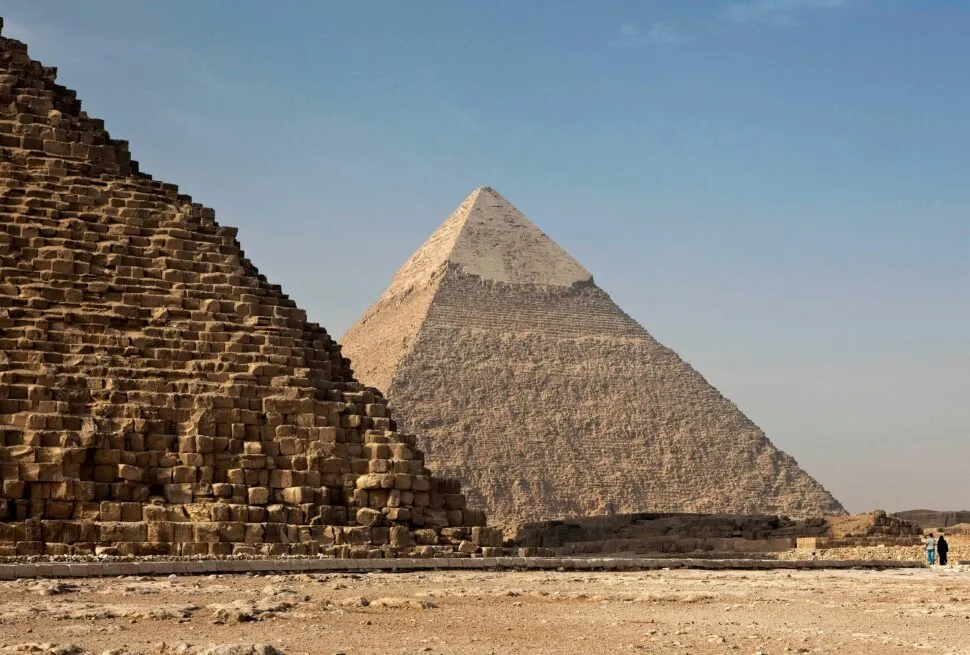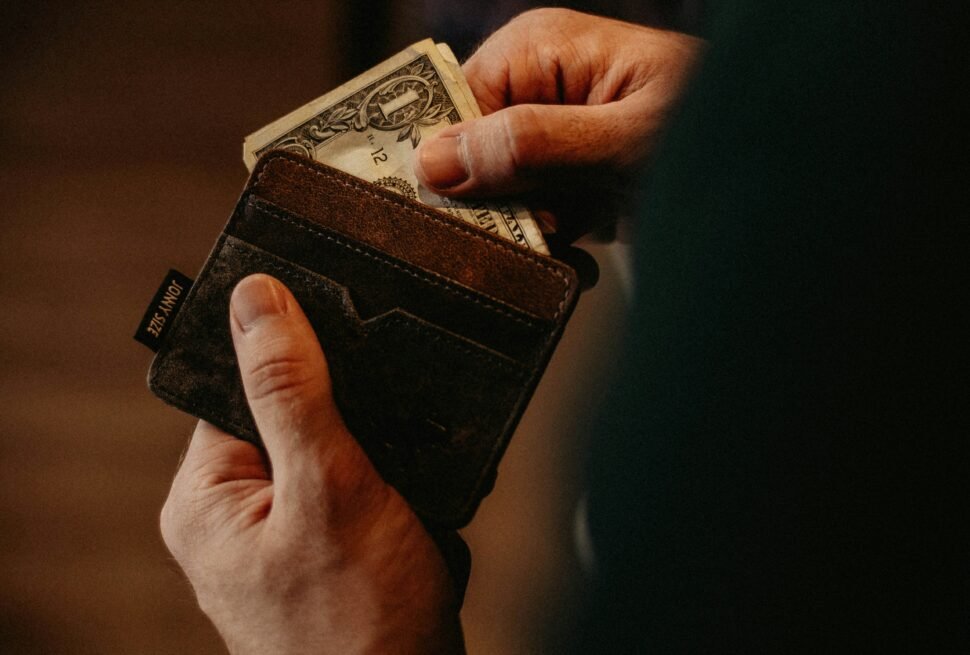
Egypt is a land where ancient history meets vibrant modern life, attracting travelers from all over the world. For first-time visitors, especially from India and Europe, this guide will help you navigate the essentials, from visas to local customs.
- Visa Requirements
- Understanding Egyptian Currency
- Local Languages and Basic Phrases
- Cultural Etiquette and Norms
- Getting Around Egypt
- Must-Visit Attractions for First-Timers
- Best Time to Visit and Weather Considerations
- Essential Safety Tips
- Additional Travel Tips
- Conclusion
1.Visa Requirements
Egypt requires a visa for entry, but the process is fairly simple.
Indian Citizens:
- Visa Type: Most Indian tourists can apply for a tourist visa upon arrival or get an e-visa in advance through Egypt’s official e-visa website.
- Documents: Passport with at least six months’ validity, passport-size photo, proof of return flight, and hotel booking confirmation.
- Fee: Typically $25 for a single-entry visa. (You can Ask for Help From our Team)
European Citizens:
- Visa Type: Travelers from most European countries can opt for a visa on arrival or apply for an e-visa.
- Documents: Similar to those for Indian travelers.
- Fee: Generally $25 for a single-entry visa.
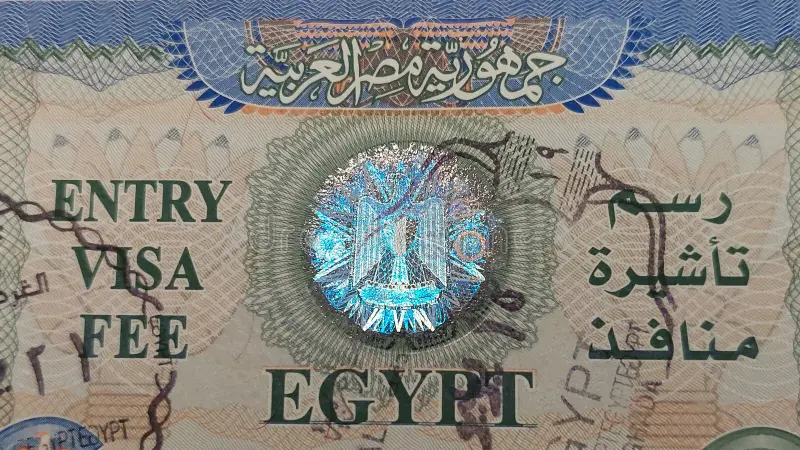
2.Understanding Egyptian Currency
The official currency in Egypt is the Egyptian Pound (EGP), abbreviated as LE or E£.
- Exchange Rate: As of now, 1 USD = 49 EGP (check current rates before traveling).
- Where to Exchange: Currency exchange centers are widely available at airports, banks, and major hotels. ATMs are also easily accessible in cities, offering competitive rates.
- Tips: It’s wise to keep some small denominations (1, 5, and 10 EGP notes) for tipping and smaller purchases.
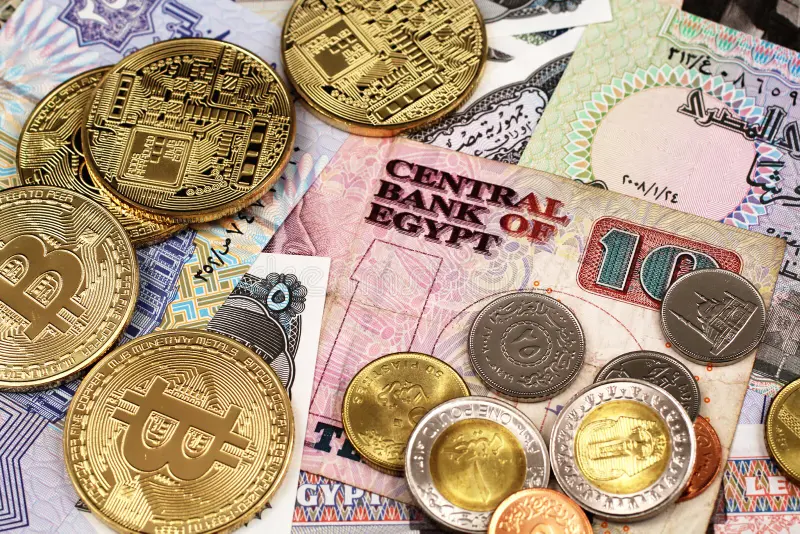
3.Local Languages and Basic Phrases
The official language is Arabic, and while English is widely spoken in tourist areas, learning a few Arabic phrases can enhance your experience.
- Hello: Salaam Alaikum (Peace be upon you)
- Thank You: Shukran
- Yes/No: Na’am/La
- How Much?: Kam?
Learn more about what you need to know in Arabic to have a smooth trip from here.
For Indian visitors, you’ll find cultural similarities in language gestures and phrases, which can ease communication. European travelers will find it helpful to carry a translation app, like Google Translate, which works offline.
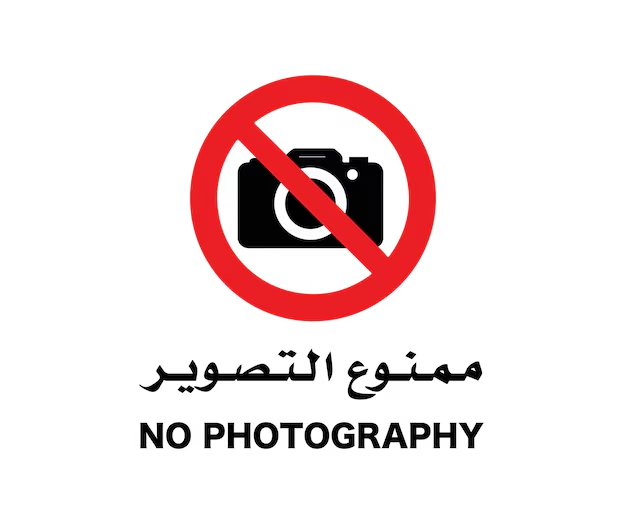
4.Cultural Etiquette and Norms
Egypt is a Muslim-majority country, with deep-rooted cultural values and traditions. Respecting these customs is crucial for a positive travel experience.
- Dress Code: Modest dress is appreciated, especially in religious sites. Women should consider covering shoulders and knees, while men are expected to avoid sleeveless tops.
- Tipping: Tipping, or baksheesh, is customary in Egypt. It’s appreciated for small services, such as waitstaff, hotel staff, and even restroom attendants.
- Photography: Always ask for permission before photographing locals, especially in rural or conservative areas. Photography is generally allowed in public spaces, but in some museums and temples, you may need to pay a fee.
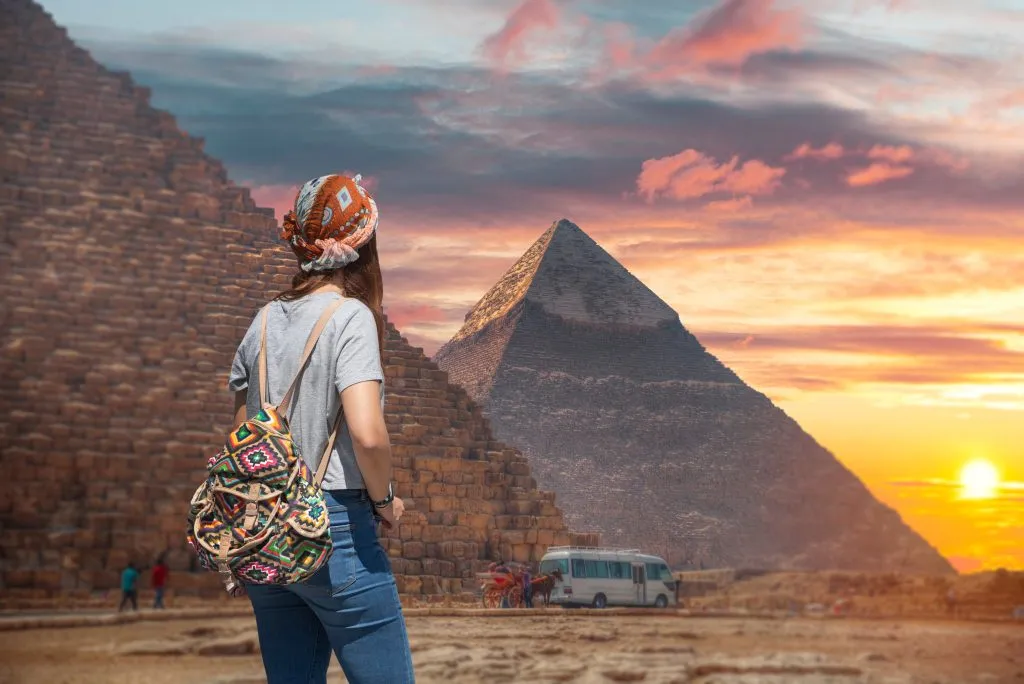
5.Getting Around Egypt
Egypt’s main tourist cities, Cairo, Luxor, and Aswan, offer various transportation options to suit different preferences and budgets.
- Domestic Flights: EgyptAir offers quick flights between Cairo and cities like Luxor, Aswan, and Sharm El Sheikh.
- Train: For an immersive experience, consider Egypt’s trains. The first-class sleeper trains between Cairo and Luxor/Aswan are particularly comfortable and scenic.
- Taxis and Ride-Hailing: Uber and Careem are available in Cairo and Alexandria, offering affordable and convenient options. Taxis are also widely available but remember to negotiate the fare beforehand.
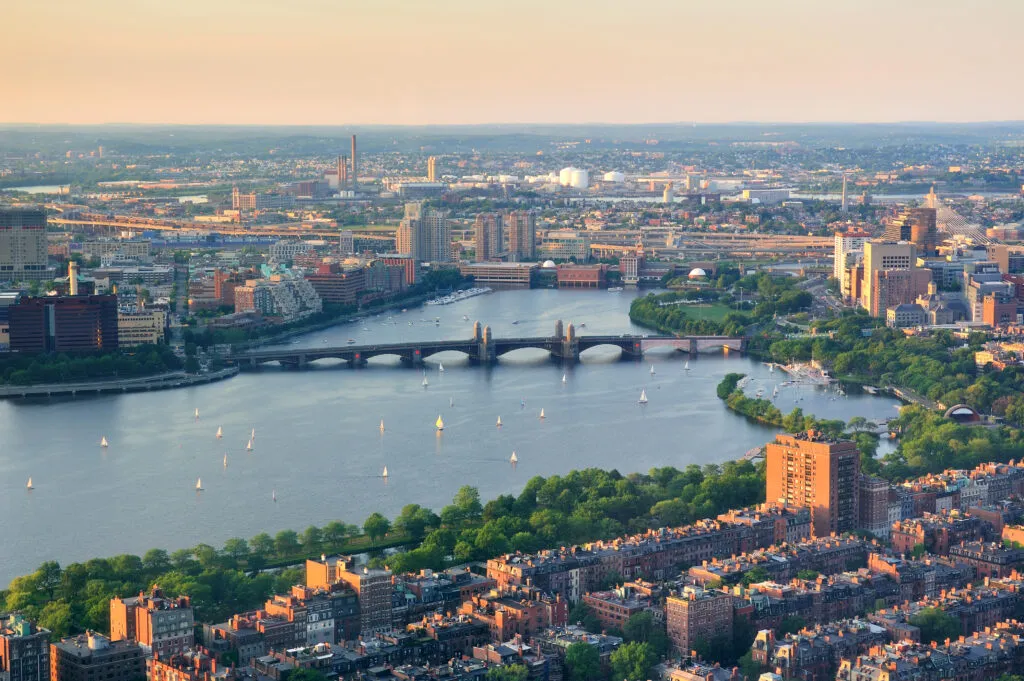
6. Must-Visit Attractions for First-Timers
No trip to Egypt is complete without experiencing these iconic sites:
- The Pyramids of Giza: Egypt’s most iconic landmark and a must-see for all travelers.
- The Sphinx: Adjacent to the Pyramids, this mythical creature has intrigued travelers for centuries.
- Luxor’s Temples and Tombs: Explore the Valley of the Kings and the beautiful Temple of Karnak.
- Nile River Cruise: A traditional Nile cruise from Luxor to Aswan is an ideal way to see Egypt’s ancient sites.
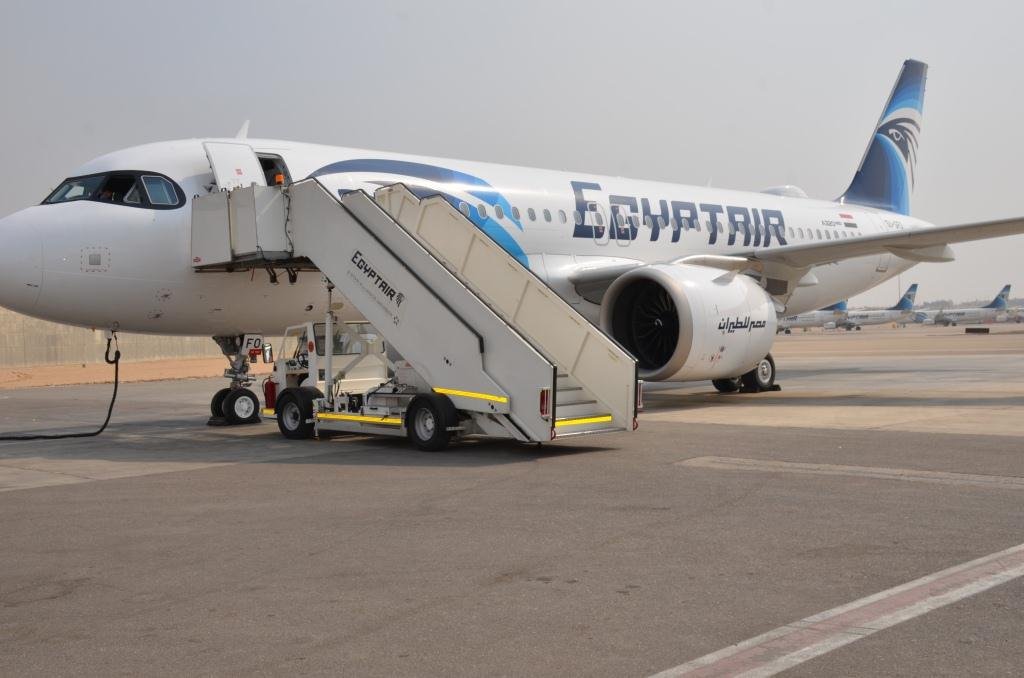
7.Best Time to Visit and Weather Considerations
Egypt has a desert climate with hot summers and mild winters, making October to April the best time for travel. During these months, temperatures are cooler, particularly in Luxor and Aswan, where the summer heat can be intense.
- Peak Season: December to February sees the most tourists. It’s wise to book accommodation and tours well in advance.
- Shoulder Season: March-April and October-November offer fewer crowds with pleasant weather.
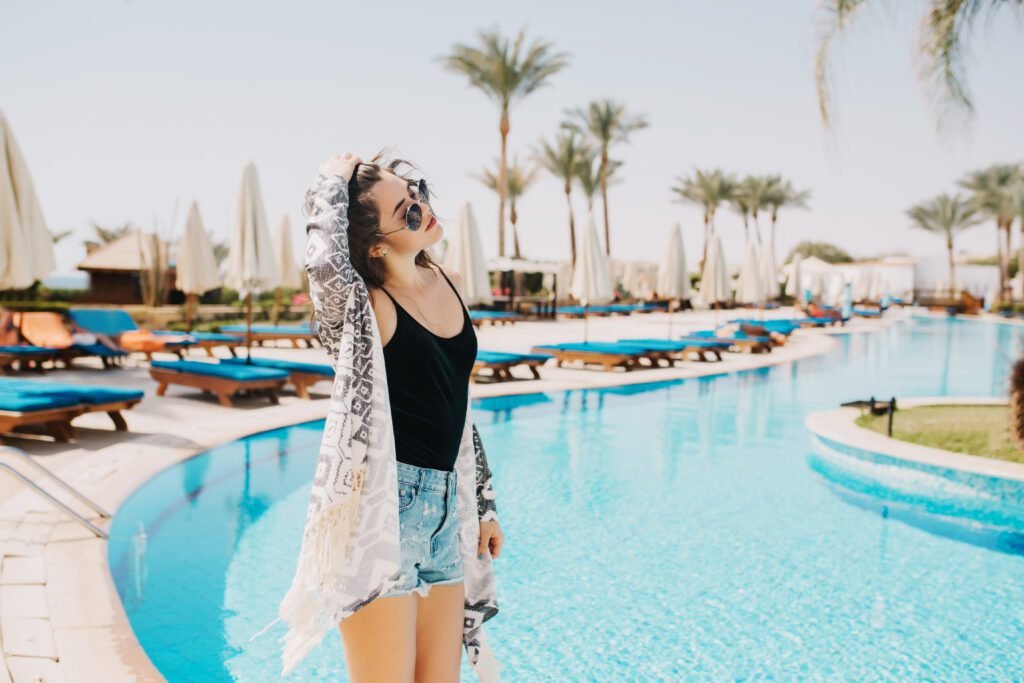
8.Essential Safety Tips
Egypt is generally safe for tourists, but it’s wise to follow standard precautions.
- Stay Alert in Crowded Areas: Pickpocketing can happen in busy places, so keep your belongings secure.
- Drink Bottled Water: Tap water may not be safe for drinking, so opt for bottled water to avoid any issues.
- Respect Local Authorities and Regulations: Avoid photographing military or government buildings.
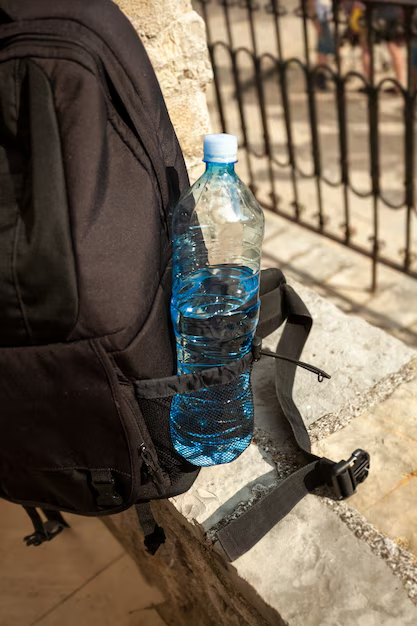
9.Additional Travel Tips
- Electrical Plugs: Egypt uses the European two-round-pin plug, so make sure to bring an adapter.
- Internet and SIM Cards: Consider getting an Egyptian SIM card upon arrival for data. Vodafone, Orange, and Etisalat are the top providers.
- Local Delicacies: Don’t miss out on koshari, falafel, and ful medames, Egypt’s popular street foods.

Conclusion
Egypt is a mesmerizing destination with a rich history, welcoming locals, and timeless beauty. By understanding these essential travel tips and embracing Egypt’s unique culture, first-time visitors can truly immerse themselves in the magic of this incredible country. Whether you’re here for the ancient wonders or the vibrant culture, Egypt will captivate you from the very start.


